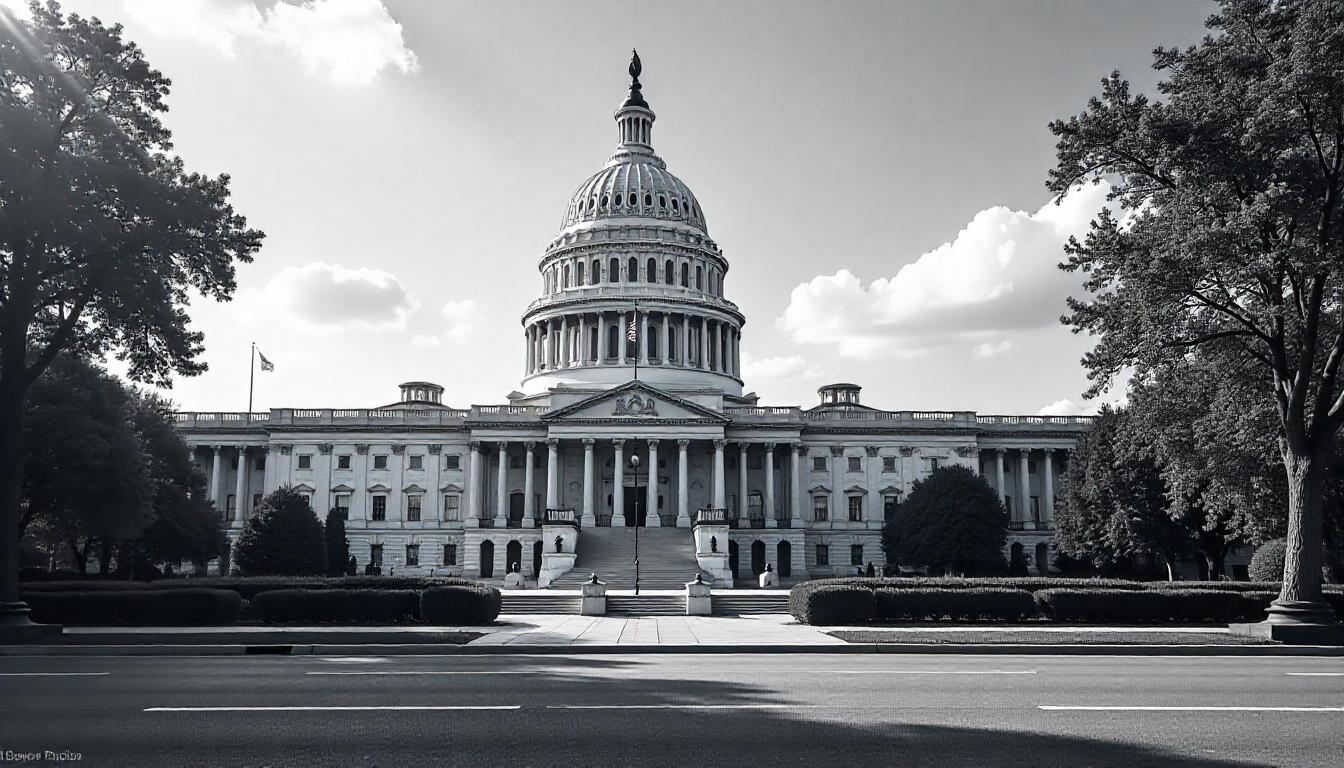
BlackRock and BNY Mellon Launch Blockchain-Driven Share Class for $150B Treasury Fund
BlackRock has partnered with BNY Mellon to introduce a blockchain-based share class for its $150 billion Treasury Trust money market fund, marking a significant step toward integrating distributed ledger technology (DLT) into traditional financial services.
The new “DLT Shares” will not involve cryptocurrencies but will use blockchain to mirror and track share ownership, streamlining back-office processes. This move is seen as an early adoption of blockchain for traditional finance, paving the way for future developments in tokenized cash, digital assets, and blockchain-based settlement systems.
The launch aligns with a growing trend in the finance sector to tokenize real-world assets (RWAs) and incorporate blockchain technology into traditional markets. Earlier in the day, Libre announced it would tokenize $500 million of Telegram’s $2.4 billion debt, integrating it into the TON blockchain ecosystem.
As of April 29, BlackRock’s Liquidity Treasury Trust Fund manages more than $150 billion in assets. The DLT share class has a minimum investment requirement of $3 million for institutional investors, with no minimum on subsequent purchases. The SEC filing for this offering is still in the early stages and awaits approval.
This is not BlackRock’s first foray into the world of tokenization. Its BUIDL fund, created in collaboration with Securitize, now manages over $1.7 billion in assets and has recently expanded to the Solana blockchain.
BlackRock CEO Larry Fink has consistently expressed confidence in the potential of tokenization and decentralized finance. In his annual letter to shareholders for 2025, Fink cautioned that the U.S. could lose its global financial dominance if it fails to address its debt, which may increase the appeal of alternative assets like Bitcoin (BTC).
“If the U.S. doesn’t get its debt under control, we risk losing our status as the global reserve currency to digital assets like Bitcoin,” Fink stated. “Decentralized finance represents a monumental shift—faster, cheaper, more transparent markets. But that innovation could ultimately challenge the U.S.’s economic supremacy.”























